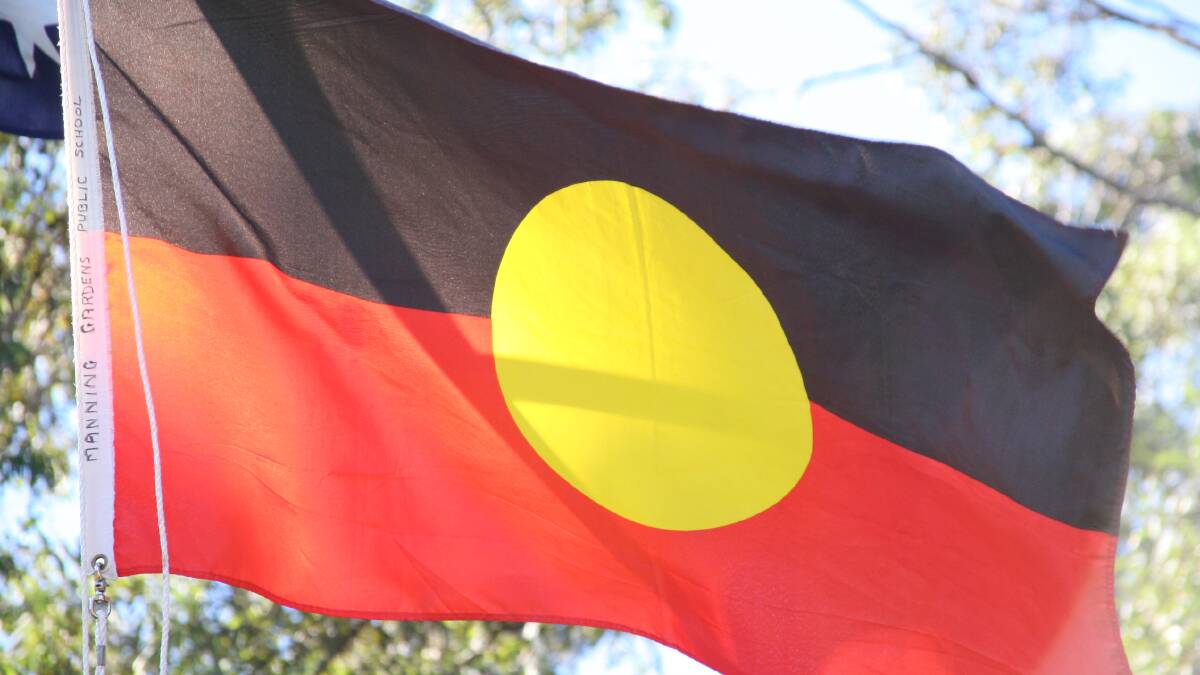
For far too long, the Aboriginals have been faced with decision making organisations that have not been as effective as they could be. One reason I believe, is that Aboriginal affairs has been put on the back burner and has not received the attention and priority that it should.
Subscribe now for unlimited access.
or signup to continue reading
Millions of man-hours have been expended, billions of dollars have been spent, and years and years have passed, without significant improvement. What is not needed are more committees and more words. What is needed is commitment to action and the allocation of sufficient resources to make a difference.
The plight of the Aboriginals in Australia is a national disaster, and should be treated as such. They should receive the resources, the support and the priority that survivors of bush fires and floods receive.
My personal experience with emails sent to elected representatives is probably typical of what happens. Only three of 11 emails to councillors received an acknowledgement. Only one of five emails to MPs with suggestions for Aboriginal improvement did the same.
These are the people elected to represent us and yet most do not respond to our suggestions or inquiries. The information is lost in a black hole. No wonder there is little progress. If what happened to me also happens to the numerous Aboriginal committees that provide information to Parliament, then it is easy to see why progress has been slower than it need be. They have been similarly ignored.
Almost all responsibility for Aboriginal affairs appears to lie in Canberra. I was informed that my emails should be send to my federal MP, and not to council or to the state MP. This one central place to deal with all problems from all over Australia is unrealistic.
This top down approach is too far removed from where the problems are and has, in my opinion, proved ineffective. What is needed is a complete reorganisation of the Aboriginal support structure at all levels.
Start with the local council areas. That is where the Aboriginals live. That is where their problems are and where their solutions can be found. MidCoast Council has made an excellent start with their Aboriginal Action Plan and the formation of an Aboriginal Reference Group.
Give councils increased responsibility for Aboriginal affairs - and the resources and funds to do so. Same with the State Government. State Parliament is better positioned to administer and coordinate Aboriginal affairs than Canberra. It is here that a treaty could be signed and most of the States Aboriginal problems might be settled.
Where do these resources come from? A good start might be to redistribute some of the personnel that make up the hundreds of Aboriginal committees and some of the billions of dollars contained in their annual budgets. These people could be sent to State or better yet, to local councils to provide experience, advice, a source of higher contacts and guidance on government procedures. If these Aboriginals were sent to their own State or local government areas, then family ties might lead to better outcomes.
The Voice referendum has not been a waste of time. It has accomplished several benefits to Australia. It has created the momentum for a significant push for Aboriginal progress.
It is a start. A start that has long needed to happen. It has focused national attention on long standing Aboriginal problems. It has caused much needed and wide spread discussions. It has generated strong emotions on both sides that needed airing.
From observing the media coverage, I think it is clear that a majority of the population are genuinely in favour of improving the Aboriginal's situation - but not through yet another committee situated in Canberra, such as the Voice.
Hopefully the momentum will continue beyond the referendum. Future progress may need a complete reorganisation of the Aboriginal support structure and different allocations of available resources. State parliament and council's organisational line diagrams, need larger boxes for increased Aboriginal responsibilities. Aboriginal improvement needs to remain a very high priority for all governments.
These changes will take time, but time is needed to do it right. It needs to be done step by step, with cooperation and consultation on all sides. Each state can address its problems with input from its councils and with support and resources from Canberra.

